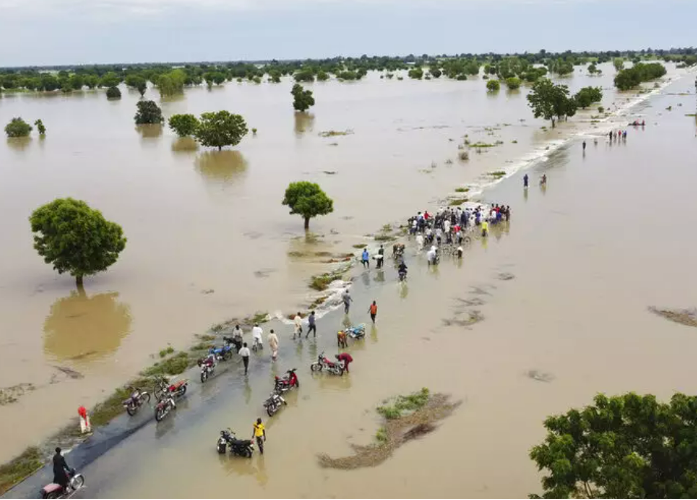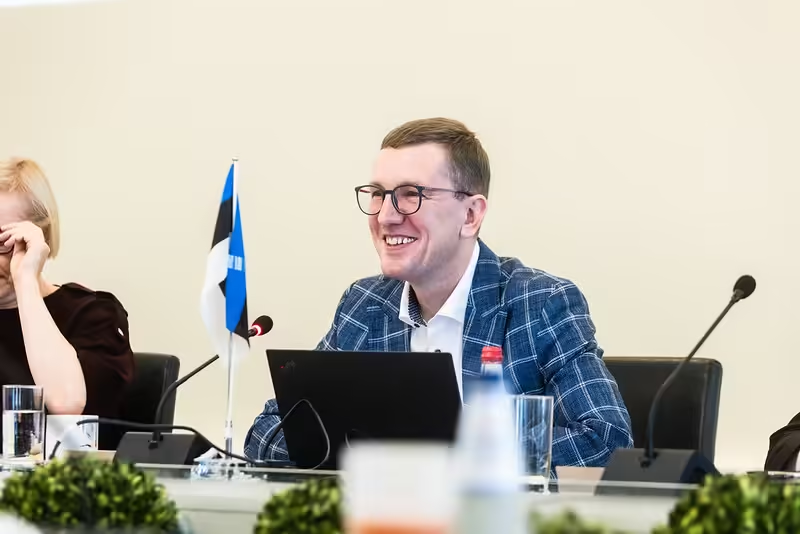ABUJA (ChatnewsTV) — The European Union has announced €1.1 million in emergency humanitarian aid for Nigeria, part of a broader €5.4 million package aimed at supporting flood recovery in the Sahel and Lake Chad regions. The funds come in response to the devastating floods that have displaced millions, particularly in Northern Nigeria, where the crisis has compounded ongoing food shortages and conflict-related instability.
The northern regions of Nigeria have been hit hardest, with flooding exacerbating an already dire food and nutrition crisis fueled by conflict, insecurity, and high inflation. The situation worsened following the failure of a dam in the Maiduguri area, which has forced an estimated 641,600 people from their homes. More rainfall is expected in the coming weeks, raising concerns of further displacement and the spread of waterborne diseases such as cholera.
“We are mobilizing all available resources to help the most vulnerable in Nigeria, where floods have caused widespread suffering,” said Janez Lenarčič, the EU’s Commissioner for Crisis Management. “The combination of flooding, conflict, and food insecurity in Northern Nigeria is an urgent humanitarian disaster, and this funding will provide much-needed relief.”
The €1.1 million for Nigeria is part of a larger EU aid package, which will also provide funding to Chad, Niger, Cameroon, Mali, and Burkina Faso. The aid will help cover immediate needs such as food, shelter, clean water, and sanitation services. The EU has already allocated €232 million in humanitarian assistance to the region this year, with the new funds designed to specifically address the aftermath of the floods.
Northern Nigeria is particularly vulnerable due to its ongoing struggles with conflict and high inflation. The EU and its partners have been actively involved in flood response efforts, adjusting ongoing operations and working with the International Federation of Red Cross and Red Crescent Societies (IFRC) to deliver emergency aid.
The combination of natural disasters, conflict, and inadequate infrastructure has led to a growing humanitarian crisis in Nigeria. The risk of cholera and other waterborne diseases is increasing as access to clean water and sanitation services remains limited throughout the flood-affected regions.
The EU’s commitment to providing timely support is part of a broader strategy to address the increasing frequency of natural disasters across West Africa, where heavy rains and floods have become more severe in recent years.




